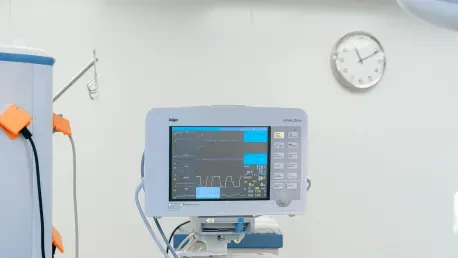
The ever-evolving battle against bowel cancer has encountered a formidable challenge: drug resistance. Bowel cancer, one of the most common cancers in the U.K., affects over 44,000 individuals annually, pushing scientists to devise new tools for predicting how this cancer can evolve against

In the rapidly progressing world of biomedical science, imaging technologies play a pivotal role in unlocking the mysteries of human health. Over the last few years, lipid imaging mass spectrometry has emerged as a groundbreaking tool, offering unprecedented insights into the complex nature of

The question of whether chromosomal changes can be a catalyst for major evolutionary shifts is becoming increasingly pertinent in contemporary evolutionary biology discourse. Major evolutionary shifts, often referred to as macromutations, describe significant transformations in an organism's

In today's world, where the quest for longevity is becoming ever more pressing, a novel question arises: Can enhanced model ranking revolutionize therapies for aging-related diseases? Aging impacts daily life in ways that often go unnoticed, from diminished hearing to slow recovery from illness.

In the incredibly intricate world of medical diagnostics, artificial intelligence has made groundbreaking strides, especially concerning liver diseases such as biliary atresia (BA). This rare and severe condition affects infants, and delays in diagnosis can lead to significant liver damage. A

In a groundbreaking development poised to reshape medical diagnostics, Professor Kenji Suzuki and his team at the Institute of Science Tokyo have unveiled a pioneering AI model that has dramatically reduced data requirements for lung cancer diagnosis. Presented at the 2024 Annual Meeting of the